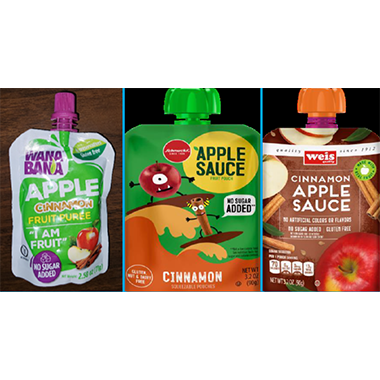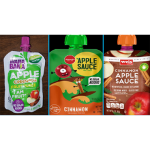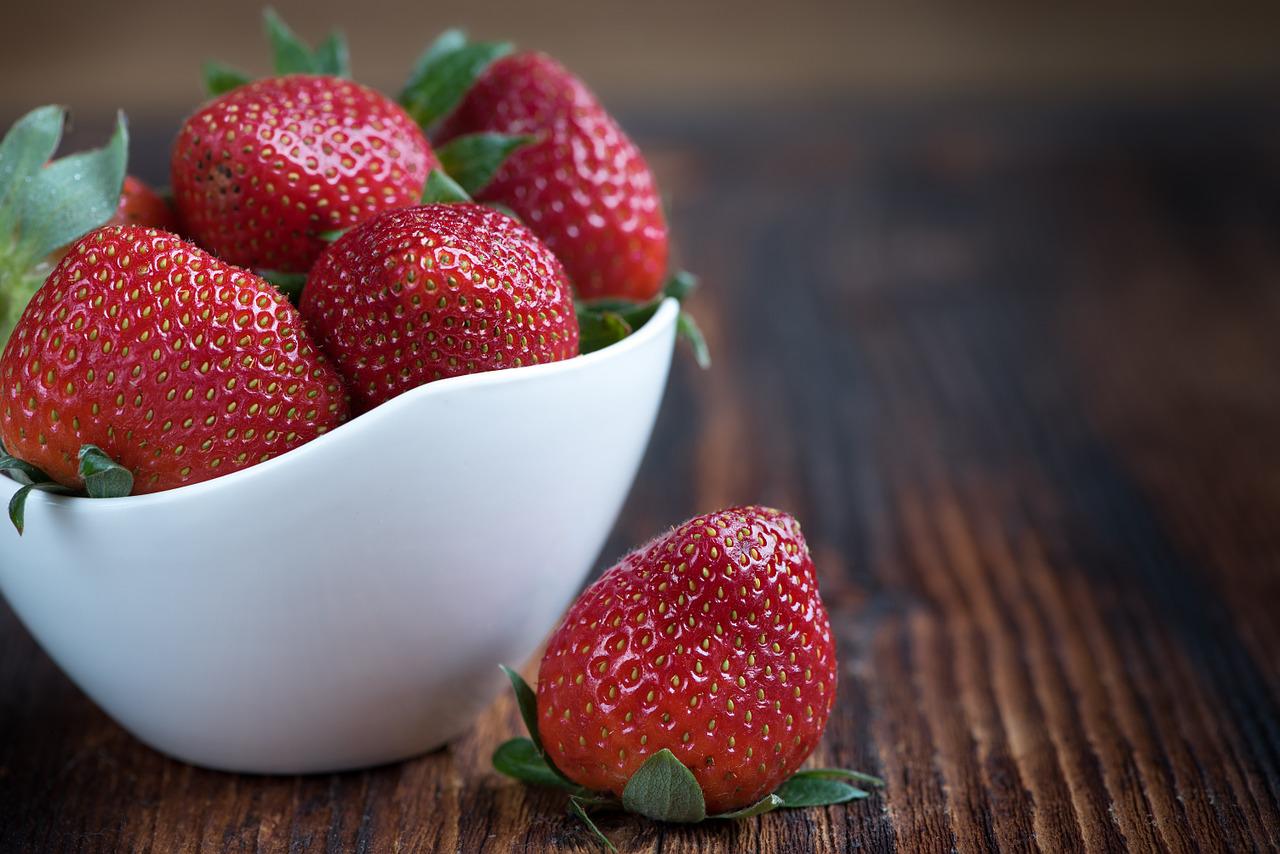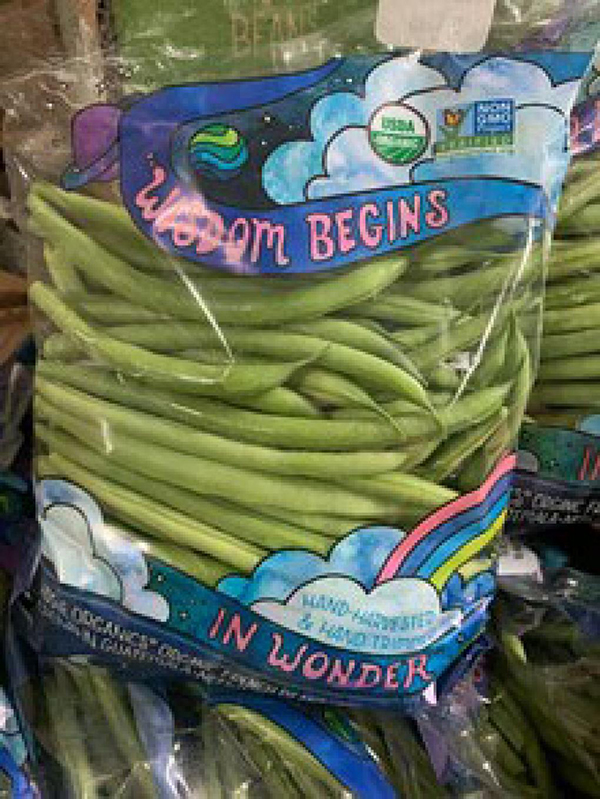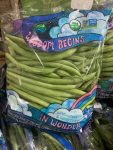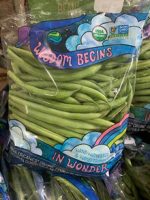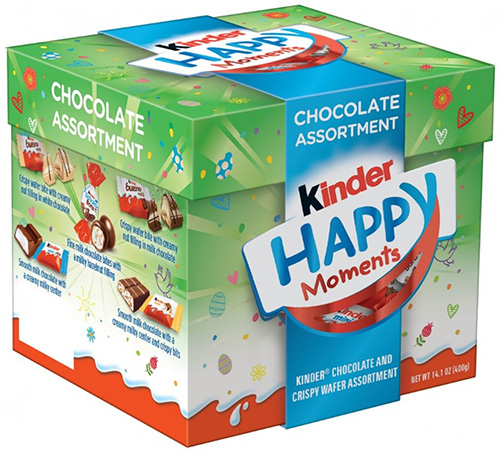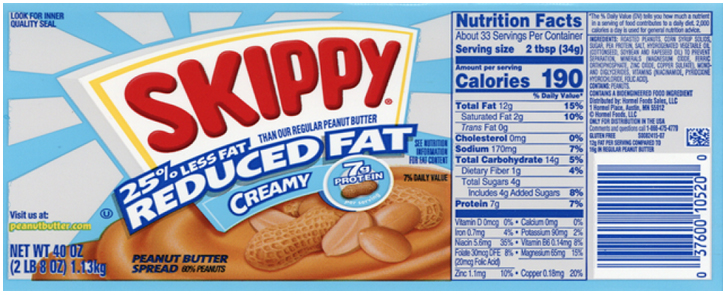The FDA has determined that cinnamon used in multiple recalled cinnamon applesauce pouches is the most likely culprit behind at least 65 and potentially as many as 205 cases of lead poisoning reported between October and December 15, 2023, and that the lead contamination may have been the result of intentional adulteration.
The investigation led to an October recall of Wanabana USA apple cinnamon fruit puree pouches. In November, the recall was expanded to include Schnucks-brand cinnamon-flavored applesauce pouches and variety packs, and Weis-brand cinnamon applesauce pouches.
During their inspection of the Austrofoods facility in Ecuador, FDA investigators collected samples of cinnamon supplied by Negasmart to Austrofoods. The samples showed extremely high levels of lead contamination, 5110 parts per million (ppm) and 2270 ppm. For context, Codex Alimentarius Commission (Codex) is considering adopting a maximum level of 2.5 ppm for lead in bark spices, including cinnamon, in 2024.
The FDA announced that, working with state partners, it tested at least 136 samples of non-cinnamon containing products, and all have been negative for elevated lead levels. On Friday, an FDA spokesperson said that one of the agency’s current theories is that the cinnamon contamination was the result of “economically motivated adulteration.”
FDA stated that it has confirmed that Negasmart does not ship product directly to the U.S. and that, of Negasmart’s direct customers, only Austrofoods ships product to the U.S. Further, Ecuadorian officials from ARCSA report that Negasmart does not ship product outside Ecuador. ARCSA also reports that in their testing thus far, raw/unprocessed cinnamon from all cinnamon importers in Ecuador do not appear to be contaminated with lead, whereas the ground or powdered cinnamon from Negasmart is contaminated. The Ecuadorian processor used by Negasmart is not currently operating.
“While our information at this time indicates that in the U.S. the contaminated cinnamon is limited to only the applesauce products that have already been recalled, the FDA is still investigating whether the cinnamon in the recalled products was used in other products exported to the U.S.,” the FDA shared in its statement. “To date, increased screening for imported cinnamon from certain countries remains in place and FDA has no indication that this issue extends beyond these recalled products.”
While the FDA investigation into the lead contamination will continue, the agency noted that it has limited authority over foreign ingredient suppliers who do not directly ship product to the U.S. Hence, the FDA cannot take direct action with Negasmart. “However, we are continuing to work closely with Ecuadorian officials, as they are conducting their own rapidly evolving investigations into the source of contamination,” said the FDA.

